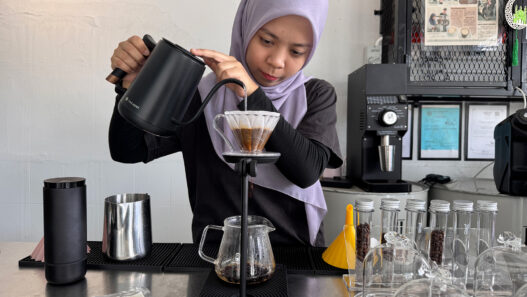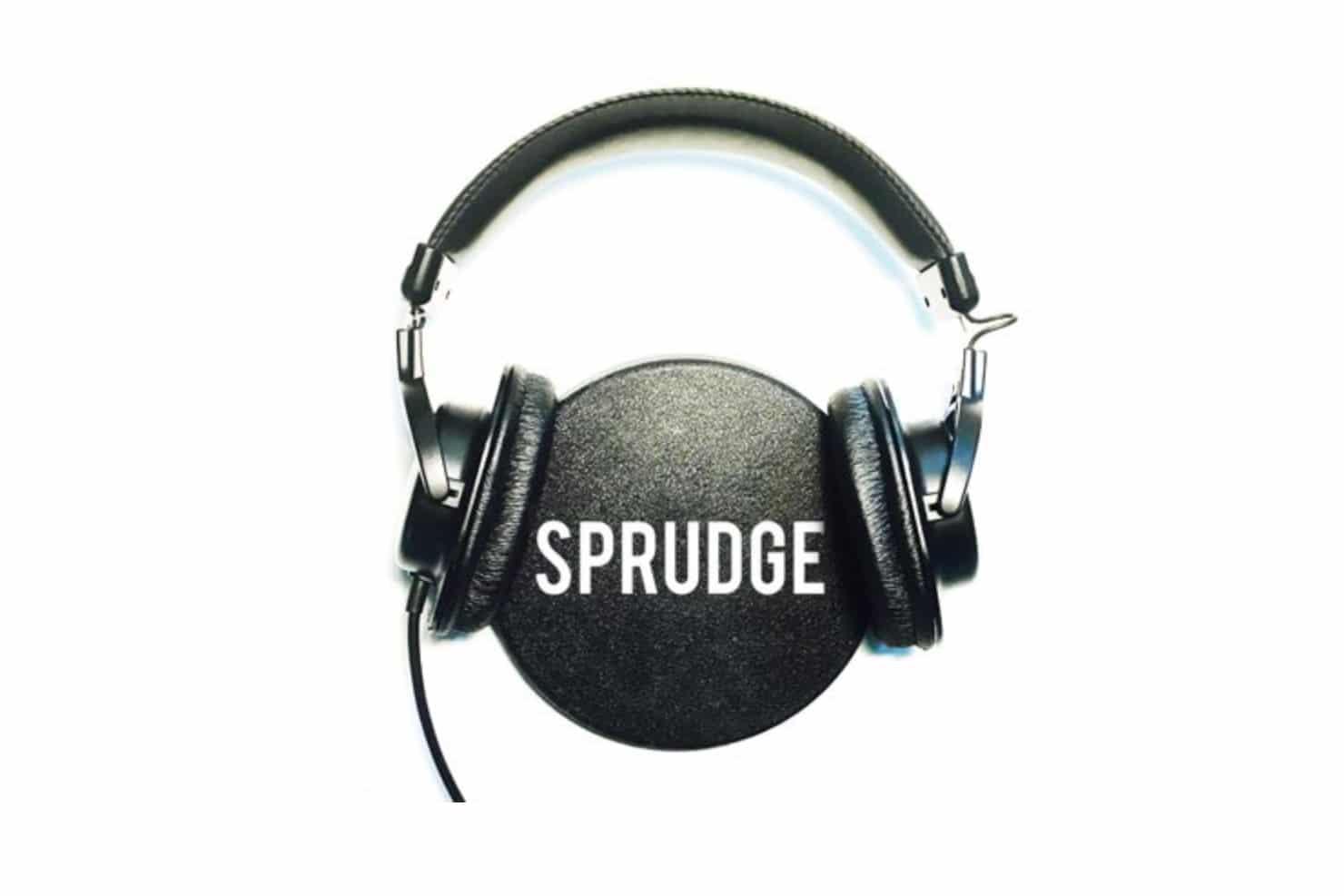It’s at this point I think we should all drink more coffee just so scientists can find more cool uses for the spent grounds. Clothing, stronger concrete, biodiesel fuel, eco-feed for livestock, biodegradable plastics, the number of things coffee grounds can be transformed into is never-ending. And researchers have found yet another use: removing a toxic herbicide from drinking water.
As reported by Phys.org, researchers from Brazil’s Federal Technological University of Paraná have found a way to remove bentazone from aqueous solutions with surprising efficacy.
Published recently in the Journal of Chemical Technology and Biotechnology, researchers sought out an eco-friendly way to remove harmful chemicals from water supplies, in particular bentazone. Primarily used as an herbicide to keep broad-lead weeds from going among crops like soybeans and corn, bentazone is “highly neurotoxic” and has been observed to cause nausea, diarrhea, vomiting, difficulty breathing, fever, renal failure, accelerated heart rate, and in extreme cases, death. In trace amounts, it is not harmful for human consumption, thus the need to remove as much of it from drinking water as possible.
To do this, the researchers used zinc chloride to activate the carbon in spent coffee grounds, which then could be used to filter out contaminants like bentazone. In tests, researchers discovered that the activated charcoal from coffee grounds removed 70% of the chemical bentazone from an aqueous solution.
So chalk up another for the good guys. (The good guys are, of course, coffee.) The more we drink coffee, the more fodder there is for scientific research. We’re doing our part for a better future, one cup at a time.
Zac Cadwalader is the managing editor at Sprudge Media Network and a staff writer based in Dallas. Read more Zac Cadwalader on Sprudge.

























